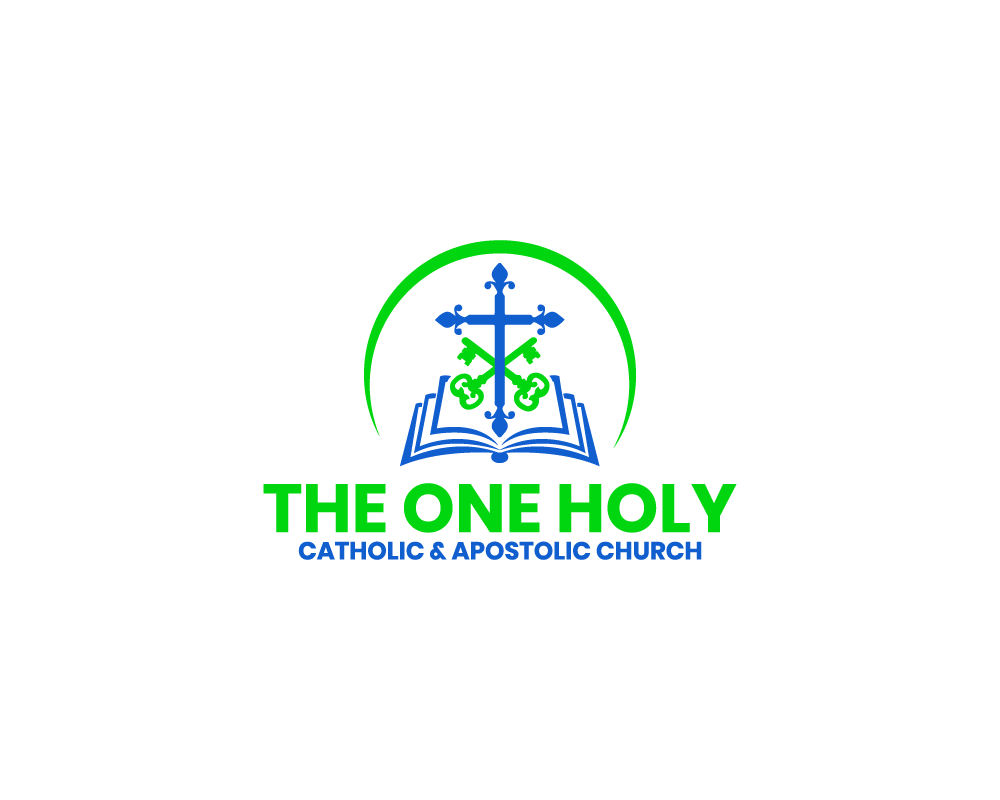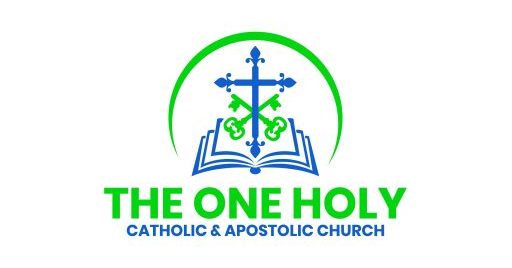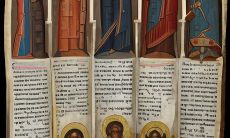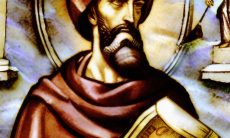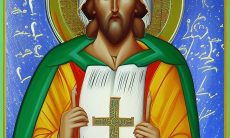Greetings and welcome to this week’s sermon podcast on The One Holy Catholic and Apostolic Church. Today, we will explore the meaning of the term “Catholic,” its historical context, and its relevance to both the Roman Catholic and Eastern Orthodox Churches.
Roman Catholicism
Roman Catholics are commonly referred to as simply ‘Catholics’, but there’s actually more than one type of Catholic. Believe it or not, the Eastern Orthodox Churches consider themselves true “Catholics” too! Both groups have a lot in common – and share similar beliefs and practices.
Want to know what makes a Church Catholic? The term “Catholic” has its roots in the Greek word, καθολικός, which stands for ‘universal’ or all-encompassing. It signifies that Christianity is relevant and accessible to everyone around the globe – no matter where you’re from! So when it comes down to it, a Catholic Church carries beliefs and practices common among Christians of different backgrounds.
While some churches may call themselves Catholic, not all of these institutions actually adhere to the universal beliefs and doctrines of Christianity. Others could align with certain aspects of Catholicism but don’t quite measure up when it comes to their overall practice.
The Contrast
The Roman Catholic Church stands as a living testament to the power of faith, tracing its roots all the way back to early Christianity. Its belief in universal truths and practices such as papal authority, sacred rituals, and visual aids has been passed down through countless generations with unwavering commitment – making it an emblem of great strength for Catholics everywhere!
However, there are some aspects of the Roman Catholic Church that are not Catholic. For example, the Roman Catholic Church places a strong emphasis on the role of the Pope as the head of the Church, while the Eastern Orthodox Church has a more decentralized model of Church governance that emphasizes the equal authority of all bishops. This difference in the way that the two churches are organized can lead to different interpretations of the Catholic faith and different practices in the liturgy and sacraments.
The Eastern Orthodox Church stands tall against the test of time, embracing its original beliefs and practices that have been an integral part of Christianity since ancient times. Its teachings are firmly rooted in those passed down by early Christian leaders and held sacrosanct to this day: a reverence for sacred rituals, use of iconic worship symbols, as well as belief in one holy triune God.
The Creed
The Eastern Orthodox Church is also Catholic because it sees itself as a continuation of the early Christian Church. The Eastern Orthodox Church traces its roots back to the early Christian Church in the Eastern Roman Empire, which was centered in Constantinople. This Church was one of the original five patriarchates of Christianity, along with Rome, Antioch, Alexandria, and Jerusalem.
Through the centuries, “Catholic” has evolved to represent so much more than a mere description of Christian beliefs. From its humble beginnings as an adjective referring to shared traditions among Christians, it became emblematic of Rome’s lofty standing in the Church hierarchy and continues today as an expansive umbrella term for all followers of Christ across the globe.
Despite their unique differences, the Roman Catholic and Eastern Orthodox Churches both proudly proclaim a shared spiritual heritage of the Christian faith that dates back centuries. Both denominations recognize the monumental role played by the Council of Nicaea in forming orthodox doctrines across all branches of Christianity, particularly through its signature document – The Nicene Creed.
Bringing it home
Catholicism is more than just the Roman Catholic Church – it’s an independent expression of Christianity that transcends all denominational lines. To truly be called “Catholic,” a church must hold fast to traditions and beliefs shared by Jesus’ original followers, as demonstrated by Eastern Orthodoxy today. As we explore this ancient faith in its many forms, let us remain mindful of how rooted our Christian history remains despite modern times!
